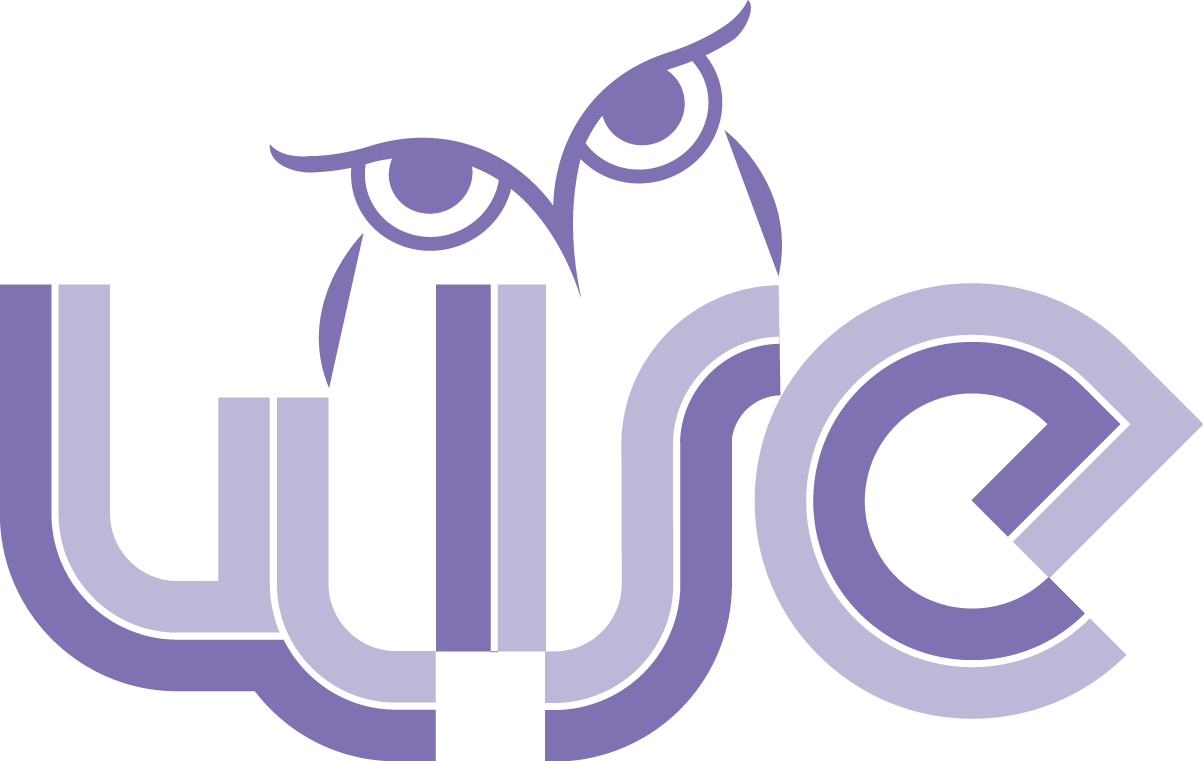Growing Wisdom Through Right Understanding
A Journal - Wu Tai Shan, July 2024
When someone instructs me to do something without providing clear information or direction and uses a demanding tone, it often triggers a negative response in the mind. However, when another person gives the same instructions with patience and provides Right Information, the mind remains calm and attentive, reducing confusion and anxiety. The mind is stable, there is an increase in confidence, and it knows what needs to be done. Although there is awareness and refrain from lashing out, a subtle protest still manifests in my actions. This type of reaction stems from past conditioning by my parents, teachers, and superiors, where the focus was on following instructions without questioning, yet mistakes were met with punishment.
In such situations, we naturally prefer to associate with those who are kind and take the time to patiently explain things, leading us to feel grateful and respectful toward them. Their approach makes tasks seem manageable, and the respect they show us makes us feel valued. We often seek out kind-hearted individuals and distance ourselves from those we find challenging. However, on a spiritual journey, the person who triggers a negative reaction in us is a valuable teacher.
When we share our knowledge with others or instruct someone on what needs to be done, are we conveying the message based on our experience, or are we providing information to foster Right Understanding and let wisdom take its course? For instance, when parents instruct their children or bosses communicate with their staff, are they merely commanding, or are they explaining how things work in detail? We often defend our past experiences with statements like, "I’ve been through more than you, so just follow what I said." However, experience is merely that, just an experience. Clinging to it can lead us to react defensively against anyone who challenges it.
Our teacher consistently emphasizes the importance of Right Understanding. Hearing the Right Information is just the starting point; the real challenge is transforming that knowledge into wisdom. We often think we understand something simply because we've heard it, but this knowing is superficial and does not reflect the ultimate truth. As our teacher reminds us, knowing is not the same as wisdom.
When the mind lacks understanding, it perceives separation, categorizing things as good or bad, mine or yours, and contradicting itself moment by moment. Such fixated views lead to attachment and, thus suffering. In this state, the mind has a greater potential to cause harm rather than good. However, when the mind truly understands, humility follows. We begin to see things as they are, without the need to defend or attack; it is merely causes and conditions at work. We recognize what is beneficial, become cautious in our intentions, and are mindful in our speech and actions, thereby mind purifying our minds.
This process may seem simple, but it is far from easy. If we fail to recognize it is a mental process, a thought system emerging, we risk limiting our mental potential instead of exploring the infinite possibilities that may arise. That's why consistent practice is crucial and inevitable, so, continuously chop wood and carry water.
With grace,
Jeannie Siow
27 August 2024

